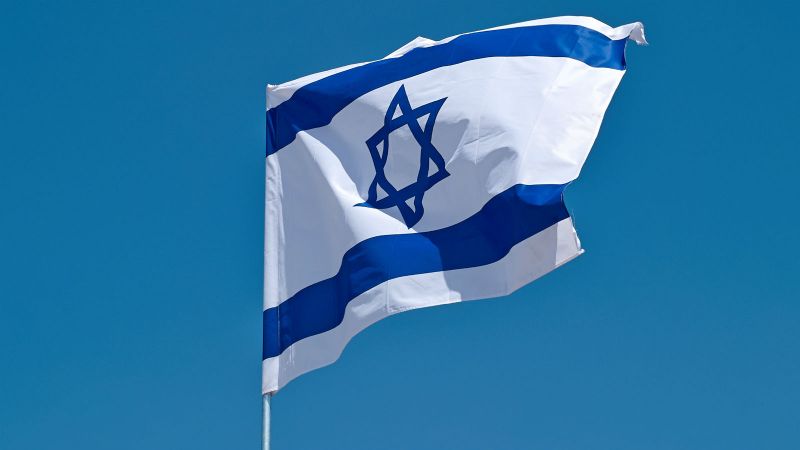Jerusalem: Israel announced Sunday it had begun working on a barrier off the Mediterranean coast to prevent the possibility of infiltrations by sea from the Gaza Strip.
The “new and impenetrable” barrier being built off the Zikim beach, a few kilometres (miles) north of Gaza, is in effect a fortified breakwater topped with barbed wire, the defence ministry said in a statement.
In the last Gaza war in 2014, Israeli forces killed four Hamas militants who had managed to infiltrate by sea.
The ministry said the breakwater — the first of its kind in the world — was expected to be ready by the end of 2018.
“This is a unique obstacle that will effectively prevent the possibility of penetrating Israel by sea,” Defence Minister Avigdor Lieberman said in a statement.
“This is another blow to Hamas, which will lose yet another strategic ability in which it invested vast amounts of money,” he added, in reference to the Islamist movement that controls Gaza.
No other details on the project were provided.
Israel is meanwhile continuing the revamp of its border fence with the besieged enclave — reinforcements include a new massive underground barrier meant to neutralise the threat of tunnels.
The announcement of the sea wall comes after weeks of tensions on the Gaza border.
At least 119 Palestinians have been killed by Israeli fire in the Gaza Strip since mass protests and clashes broke out on March 30, according to figures from the Gazan health ministry.
No Israelis have been killed in the clashes.
Low-level demonstrations along the border have continued since protests peaked on May 14, when at least 61 Palestinians were killed as tens of thousands of Gazans protested the US transfer of its embassy in Israel from Tel Aviv to Jerusalem.
Israel says its actions are necessary to defend the border and stop mass incursions into its territory.
It accuses Hamas, with whom it has fought three wars since 2008, of seeking to use the protests as cover to carry out violence.
Agence France-Presse

